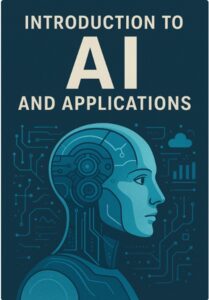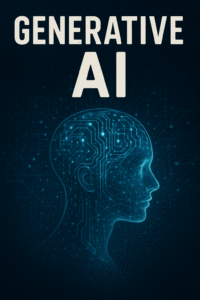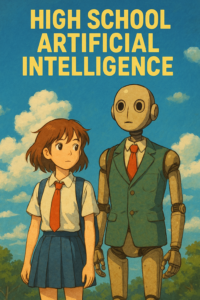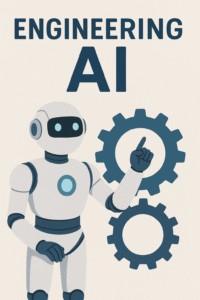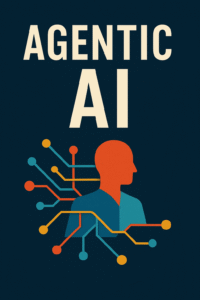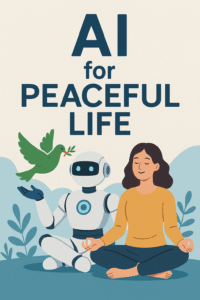For a long time, people have been talking about something called “the singularity.” This is a moment in the future when human brains and robots (or artificial intelligence, AI) might come together to become super smart. It sounds like something out of a science fiction movie, but some really smart people think it could actually happen.
One of these people is Ray Kurzweil. He’s a computer scientist who makes big predictions about the future. In 1999, he said that by 2029, robots would be as smart as humans. At the time, many experts didn’t believe him. They thought it would take a lot longer—maybe even 100 years! But now, as 2029 gets closer, more and more people are starting to think Kurzweil might have been right.
Recently, Kurzweil wrote a new book called The Singularity is Nearer. In it, he says that by 2045, humans and robots will merge. He believes that tiny robots, called nanobots, will be able to enter our bodies and connect with our brains. These nanobots will make us much smarter—like a million times smarter than we are today!
Kurzweil explained in an interview that our natural intelligence (the way we think and learn now) will combine with this new cybernetic (robot) intelligence. He thinks this will make us more aware and conscious, meaning we’ll understand a lot more about the world and ourselves.
Kurzweil isn’t the only one who thinks this could happen. Other experts, like Marcus du Sautoy and Nick Bostrom from Oxford University, also believe that humans and machines might merge one day. They think it’s part of a big journey where we realize that humans aren’t as special or unique as we once thought.
But this idea raises a lot of questions. For example, if robots can do everything, will there still be jobs for humans? Could robots and new medical technology help us live forever? Kurzweil is hopeful. He thinks that everyone will need something called Universal Basic Income, where the government gives everyone money to live on, even if they don’t have a job. He also believes that by the early 2030s, science will advance so much that we could start living much longer, maybe even forever!
Kurzweil says that as we move forward, we’ll be able to add more years to our lives each year, thanks to new scientific discoveries. This doesn’t mean we’ll never die—there could still be accidents—but it does mean that our chances of dying each year won’t go up.
Even though these ideas sound like something from a futuristic movie, Kurzweil’s predictions are getting more attention as time goes on. Just like how the movie Back to the Future Part II imagined flying cars by 2015, Kurzweil’s ideas might face challenges. But 25 years ago, Kurzweil warned us that big changes were coming, and now, they seem closer than ever.
As the singularity approaches, we’ll have to wait and see if Kurzweil’s vision of a future where humans and robots merge comes true. For now, it’s an exciting idea that has people all over the world talking.
Source Article: A Scientist Says Humans Will Reach the Singularity Within 21 Years




